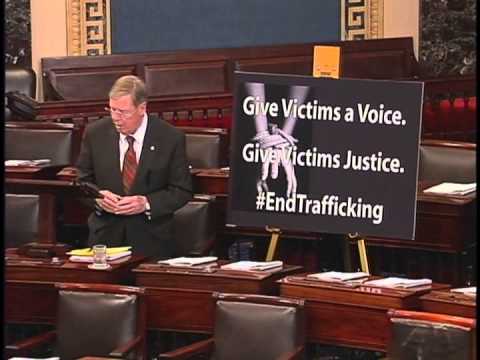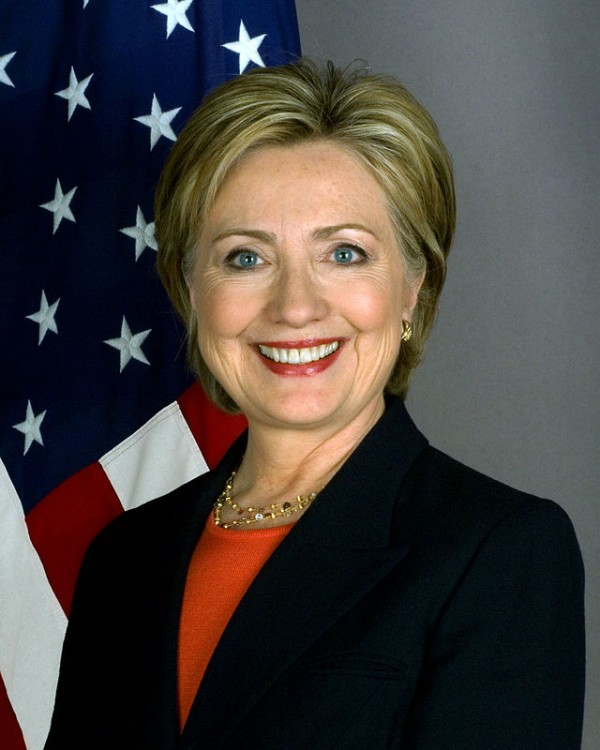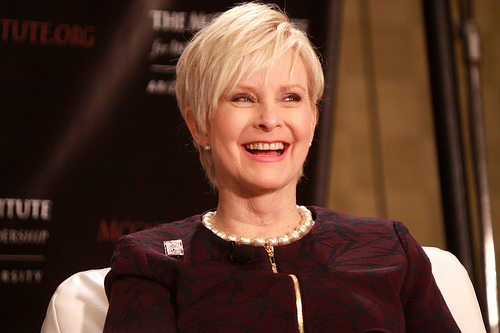Big Mother Is Watching You: The Polaris Project & Rhode Island
For her fourth installment of Big Mother Is Watching You, a guide to prominent anti-sex worker activists and officials, Robin D. takes a look at the major advocates of the 2009 re-criminalization of indoor sex work in Rhode Island, where it had previously been protected by a legislative loophole. She also outlines heavyweight anti-trafficking organization Polaris Project’s major past and current staff members.
Katherine Chon, Polaris Project President and Co-founder

Katherine Chon co-founded Polaris Project with fellow Brown University graduate Derek Ellerman immediately upon their graduation from the Ivy League school in 2002. While sex worker rights organizations operate on shoestring budgets, Polaris operates on about $4 million dollars a year. Chon had read an article about sex trafficking in Korean spas in her home state of Rhode Island and decided that Something Needed to be Done. So, she filed a pro-criminalization memo with the Rhode Island state legislature and launched her NGO. You might remember that at the time, indoor prostitution was not illegal in Rhode Island, and that it was re-criminalized in 2009: “Rhode Island’s lax approach towards the sex industry in recent years has made the overall situation worse,” Chon wrote then, in a blog post entitled “One of the Terrible Two.” The other of the “terrible two” she is referring to is Nevada.
Anti-trafficking advocates often claim that they don’t support criminalizing sex workers, just the people around sex workers. But when the rubber meets the road, their actions put the lie to these claims. Rhode Island is a clear example. Chon and her Polaris Project were up in arms about indoor prostitution being legal in Rhode Island, claiming it tied law enforcement’s hands too much. If we can’t arrest and deport sex workers and trafficking victims, they argued, how will we compel victims to testify against their abusers? Sex workers’ lives are destroyed through open criminal records and deportation. So, some of us believe law enforcement’s hands should be tied a little more when it comes to their treatment of sex workers and trafficking victims. Professor Ann Jordan or American University wrote, in a memo to the Rhode Island Senate,
Through extensive experience with trafficking cases, [Director of the Department of Justice’s Human Trafficking Prosecution Section of the Civil Rights Division, Robert] Moossy has learned that women who are trafficked into prostitution are typically afraid of law enforcement because they fear being prosecuted for prostitution and deported and because they often are highly traumatized. Thus, mass arrests of women for prostitution are extremely unlikely to lead to the identification of trafficked women. Instead, Moossy advises patience, intensive and extensive covert investigations and working with non-governmental organizations that are likely to come across trafficking victims. Law enforcement must assure these organizations that they are only interested in going after traffickers, not their victims, in order ultimately to have the successful prosecution of traffickers. The bill [to recriminalize indoor prostitution in Rhode Island] clearly attempts to use threat of prosecution for prostitution as a blunt instrument to convince women to testify against traffickers. It is extremely disturbing to learn that there is some support for the proposed law because it would allow the police to detain women (apparently for their ‘own good’) so that they can be interviewed as possible trafficking victims.
[…]
Women in prostitution need nonjudgmental support and assistance, not arrest, detention and prosecution.
There are many reasons the Rhode Island recriminalization bill could never have and did not help victims of trafficking, as the Sex Workers Project elaborates on in its memos and releases relating to the legislation. But why did Chon and her allies consider everyone else in the sex trade expendable in the first place?
Chon also participates in whipping up false sporting event-related anti-trafficking hysteria.




